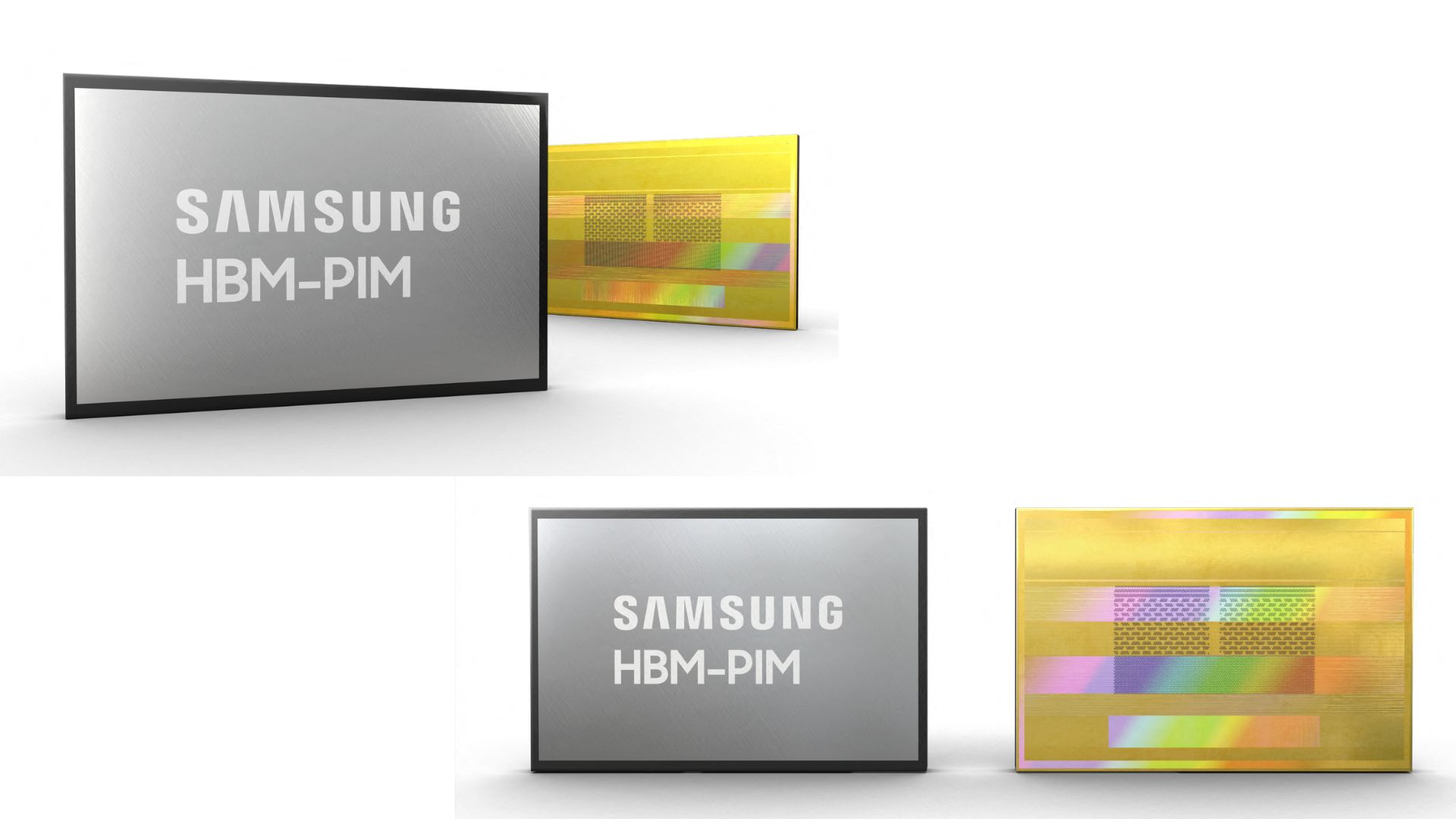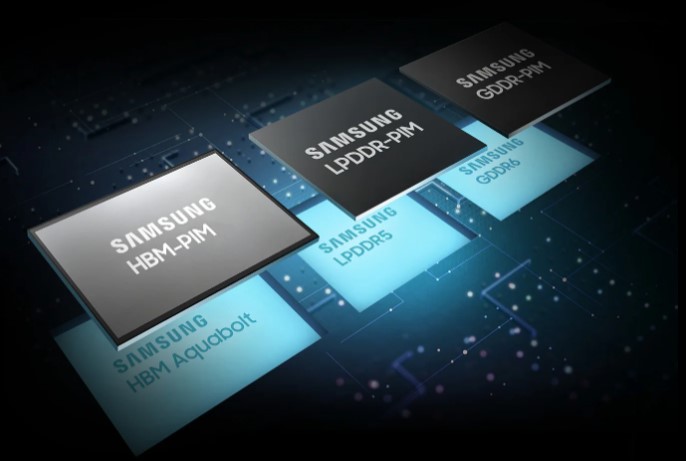Samsung Electronics’ latest HBM chips encounter hurdles with heat and power consumption, stalling Nvidia’s approval for AI processors.
These issues impact HBM3 and HBM3E chips, vital for AI GPUs. Samsung is striving to optimize its products but refrained from elaborating further, while Nvidia declined to comment.
SK Hynix, a primary HBM supplier for Nvidia, has already met the requirements, showcasing Samsung’s lag in HBM technology. The recent change in Samsung’s semiconductor unit leadership suggests recognition of this challenge.

Samsung faces hurdles in gaining Nvidia’s approval for AI processors due to heat and power issues.
Despite the setback, Samsung continues to supply other firms like AMD and aims to commence mass production of HBM3E chips as planned. Analysts note SK Hynix’s technological edge in HBM development due to extensive investment in research and development.
GPU manufacturers anticipate Samsung’s enhancement of HBM chips to diversify vendor options and reduce SK Hynix’s pricing power. HBM3E chips are projected to dominate the market this year.
However, Samsung’s weak position in HBM is evident in investor sentiment, with its shares stagnant while SK Hynix and Micron observe substantial stock gains.
The industry awaits Samsung’s success in addressing the challenges, which could reshape the competitive landscape in HBM technology.











































